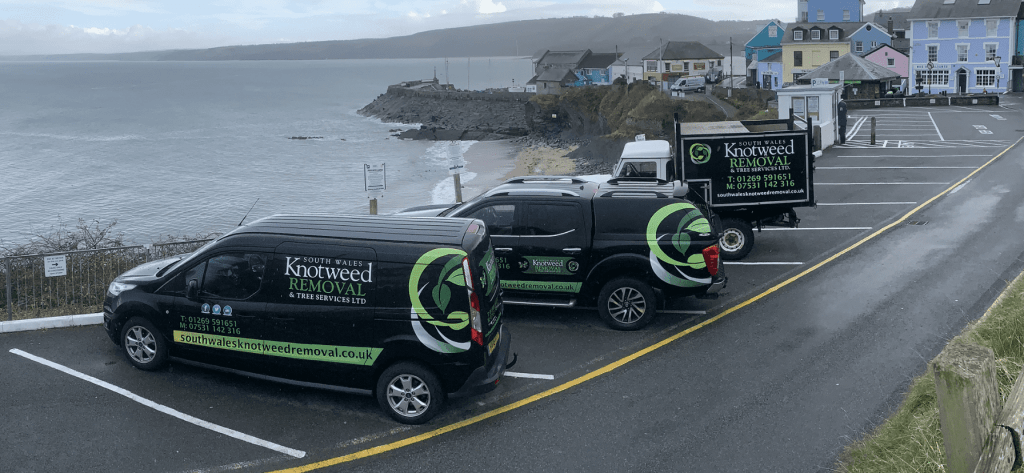GET STARTED TODAY
Bamboo and Knotweed: Removal & Treatment
There are some very reputable, reliable and efficient contractors / companies operating within the UK weed control industry. We know this to be true, as we have many friends within the business and often refer work to one another during busy periods. Nonetheless as in any trade or industry, there are some companies (who offer a ‘quick fix at low cost) which you would be wise to avoid. Some are merely landscaping / garden clearance companies who do not possess the necessary qualifications and are not ‘specialists’ as such. Furthermore, some are not accredited to provide essential documentation, should there be a mortgage involved at a later date for example.
Green Leaf Remediation are fully qualified through the industry trade body, namely The Property Care Association (PCA). We will never be so bold as to claim to be the best, yet we would like to think we know a thing or two about successfully treating japanese knotweed and bamboo (as well as other invasive plant species), whilst providing a first-class service at a very competitive cost, with ultimately, a positive conclusion.



